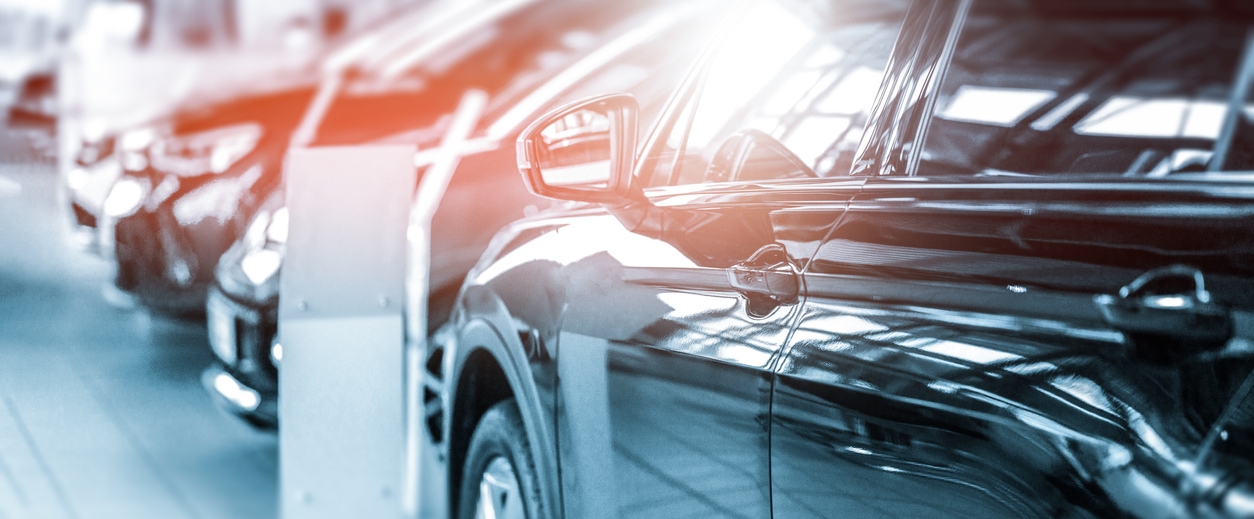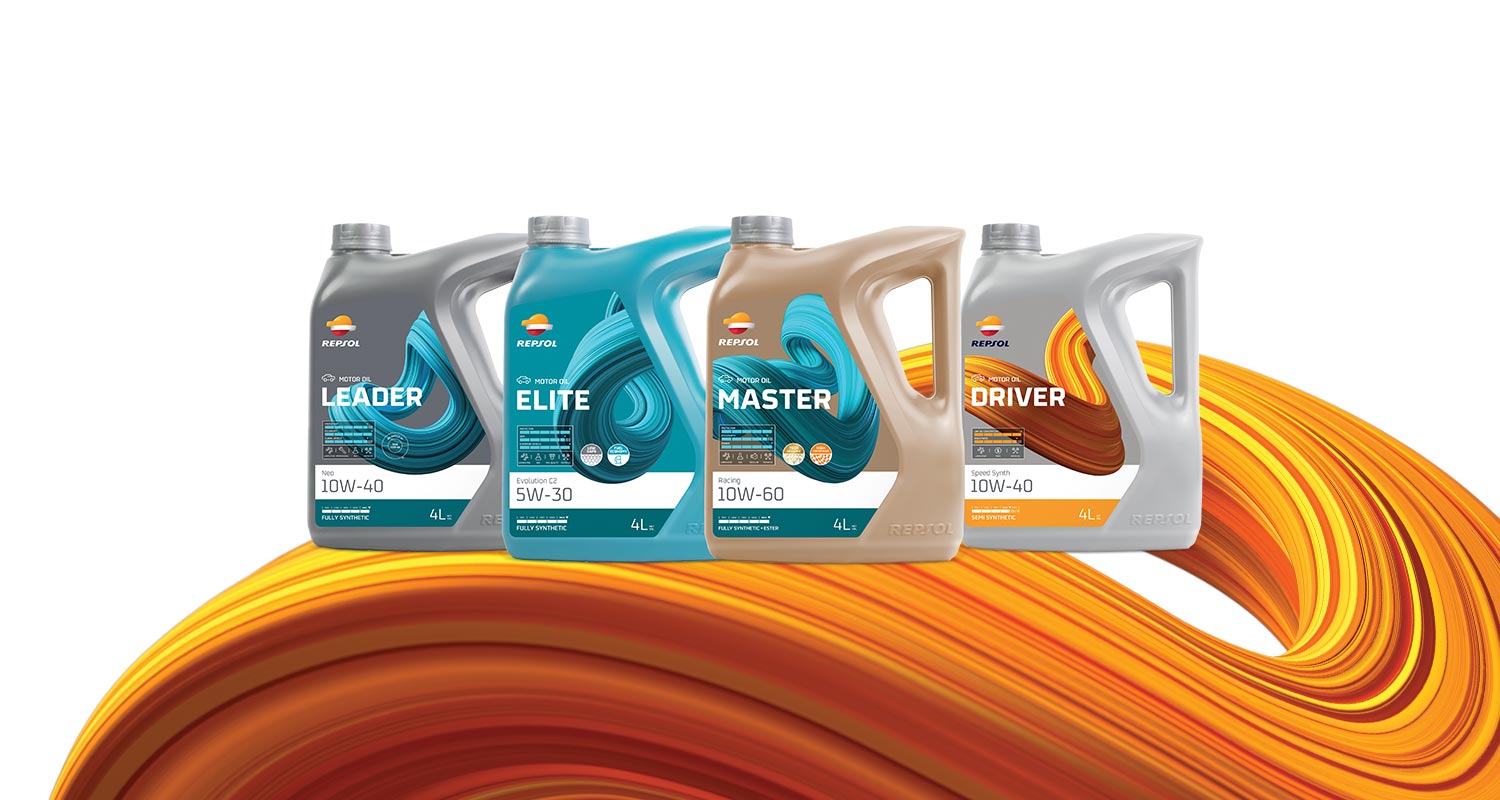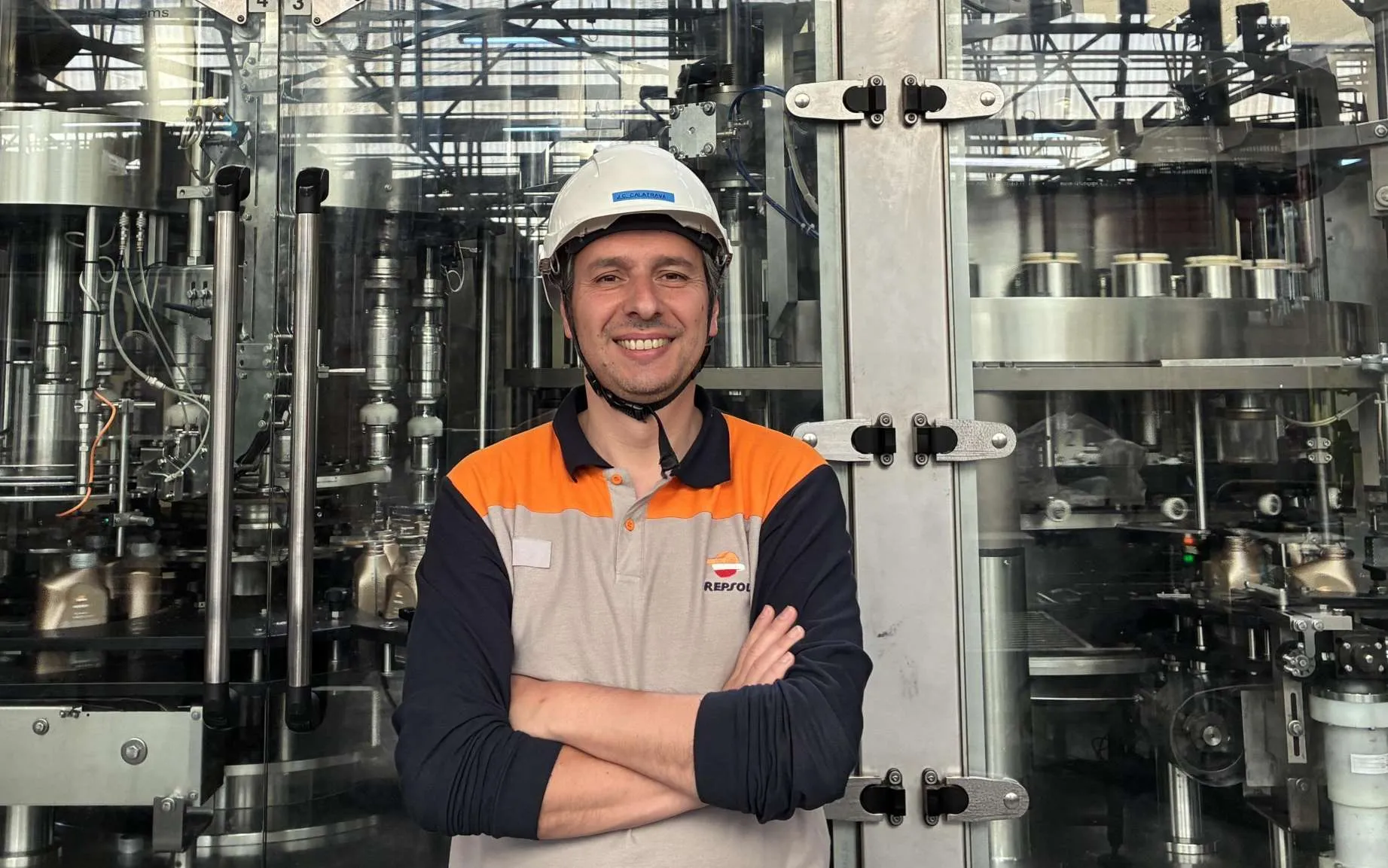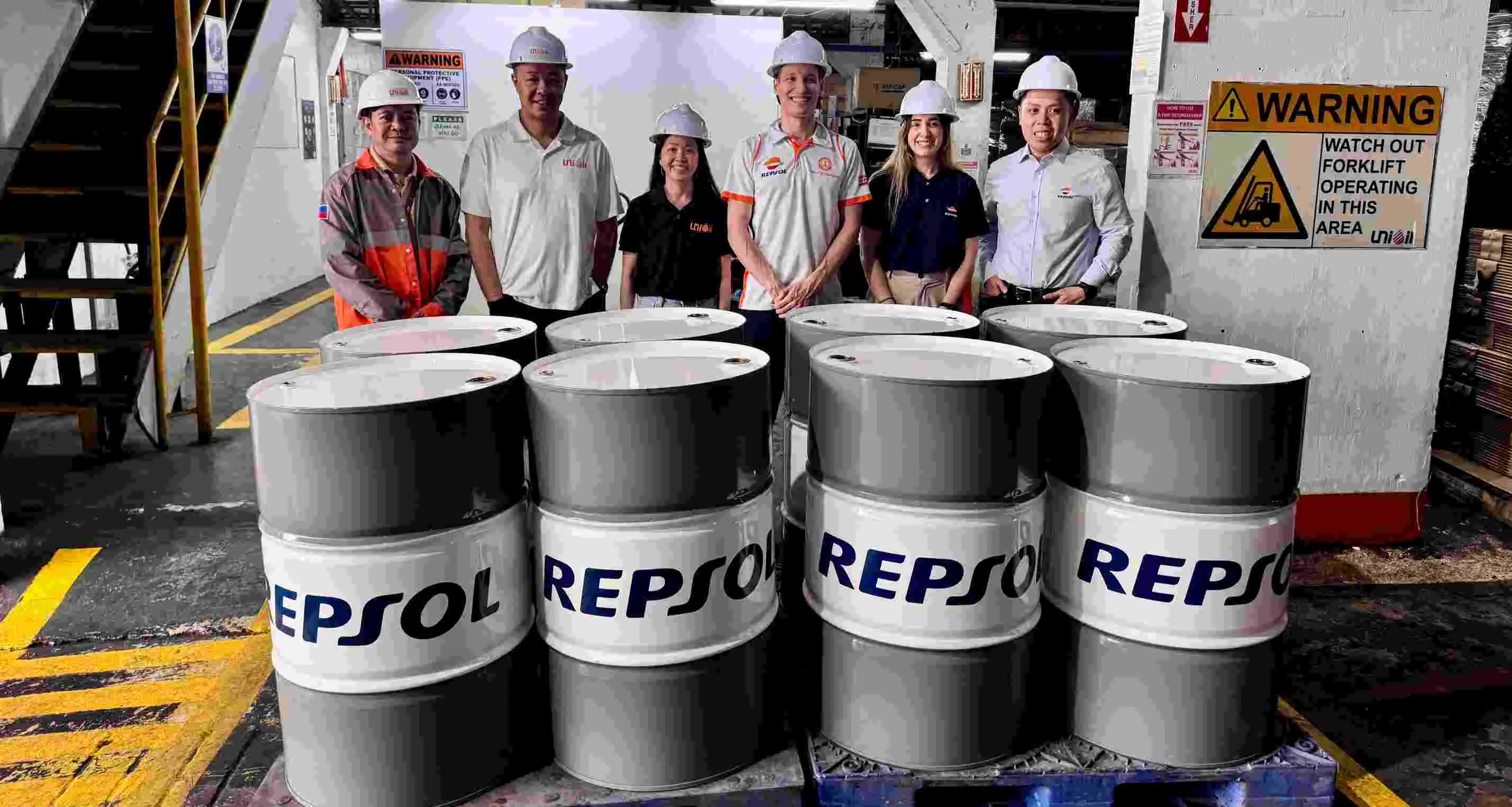Lubricant ranges for passenger vehicles

Repsol aims to lead the energy transition by providing the best facilities and products to all its customers. To do so, it has merged cutting-edge technology with its products, in order to offer the best products with as little impact on the environment as possible, thanks to innovation and investment in R&D.
To provide all the information and available products, the lubricants range has been restructured, grouping them according to their area of application.
Specifically, car lubricants are categorized into five specialized ranges (Master, Leader, Driver, Elite, and EV-Fluids) for each type of vehicle and its function.
Cutting-edge lubricants
Lubricants are an essential part of the world of engines, increasing their useful life, reducing consumption and their environmental impact. To perfect and guarantee the best possible performance, these lubricants are constantly subjected to meticulous testing, both in the lab (whether in one of our three development centers in Spain, Mexico, and Indonesia, or our private Repsol Technology Lab) and tested in vehicles.
To achieve the highest technical quality and efficiency, Repsol selects the best refining process for the manufacture of its basestocks, and also uses the highest quality additives in its lubricants to obtain approval from automobile manufacturers.
The main characteristics of automotive lubricants
Repsol lubricants guarantee maximum quality and efficiency, and therefore have all the necessary manufacturer approvals.
Both the mineral and/or synthetic bases and their additives are formulated in such a way to comply with all vehicle manufacturer standards and requirements, both nationally and internationally. Including ACEA, API, and ILSAC standards.
These standards establish the necessary parameters that lubricants must meet to guarantee the best performance for each vehicle.
In Europe, ACEA (European Automobile Manufacturers’ Association) certification guarantees compliance with the minimum quality standards for passenger vehicle lubricants, especially for European engines. The ACEA standards for light vehicles are as follows:
• “A” for gasoline engines without particle filters.
• “B'' for diesel engines without particle filters
• “C” for diesel or gasoline engines with particle filters
For more relevant international specifications, the API approval , the body in charge of granting oil quality standards and norms. It is classified in two parts: :
1 The letter to identify the intended type of engine: "S" for gasoline engines and "C" for diesel engines.
2 Indicates the severity of service the oil can withstand. Within this category, you can find classifications such as: SH, SJ, SL, SM, SN, and SP. All of them follow in alphabetical order with newer specifications. In addition, the new categories are of better quality than older ones and can be used in older vehicles.
Finally, the International Lubricant Standardization and Approval Committee (ILSAC). This certification complements the standards established by API for gasoline vehicles, guaranteeing minimum fuel economy levels.

Our ranges
To help identify passenger vehicle lubricants, they have been color-coded: firstly, a label to identify the nature of the lubricant and secondly, the container to differentiate the range.
- Nature of the product:
- Blue - Synthetic base
- Orange - Semi-synthetic base
- Red - Mineral base
- Product range:
- Gold - Master range
- Anthracite - Leader range
- Turquoise - Elite range
- Silver - Driver range
Master Racing range
This is a specific range for high-powered vehicles, lubricants specially developed for vehicles that carry out very demanding activity, there are also lubricants designed for competition in this section . Thanks to cutting-edge technology and experience in the world of motor racing, they have special additives to withstand extreme conditions in any environment. They are also carbon neutral.
Elite Range
This range is part of Repsol's goal to reduce carbon emissions, and become a net zero company by 2050. The main bases of these products are synthetic and semi-synthetic.
A fully synthetic lubricant range, developed especially for vehicles requiring vehicle manufacturer approvals, especially European. These lubricants are categorized into two types:
1 Evolution: Specialized lubricants for modern engines with diesel and/or gasoline particle filters. To do so, these products have been developed with special additives to guarantee a low ash content (Reduced Saps).
2 Cosmos: lubricants with no ash content limitation, but requiring approval.
Leader Range
Lubricants recommended by European, American, and Asian vehicle manufacturers (API and ACEA). This range specializes in two areas:
Firstly, high API-quality gasoline engines, intended to protect the engine against pre-ignition at low speed.
Secondly, vehicles running on less polluting fuels such as natural gas, these lubricants contain additives that offer greater resistance to oxidation, caused by high temperatures suffered by this type of engine:
- Liquefied Petroleum Gas (LPG).
- Natural gas for vehicles (NGV)
- Compressed natural gas (CNG)
Driver range
Essentially for cars requiring API-quality mineral and semi-synthetic lubricants. They are formulated for maximum engine protection, using additives that reduce oil consumption and seal the most worn parts of the engine.
The Driver range is separated according to lubricant viscosity:
- Multigrade viscosity products: for passenger vehicles requiring API quality and high resistance to oxidation. This range includes High Mileage lubricants, with special additives to reduce leakage and oil consumption.
- Single-grade viscosity products: Mineral-based lubricants for low-demand passenger vehicles, using additives that control oxidation, corrosion, and wear of internal engine parts. HGX and HG.
EV-Fluids Range
Designed exclusively for electric vehicles, the result of innovative development from the Repsol Technology Lab. Thanks to a special additive, these lubricants have improved dielectric properties, isolating the heat produced by electricity and guaranteeing the best engine performance.
Related contents



